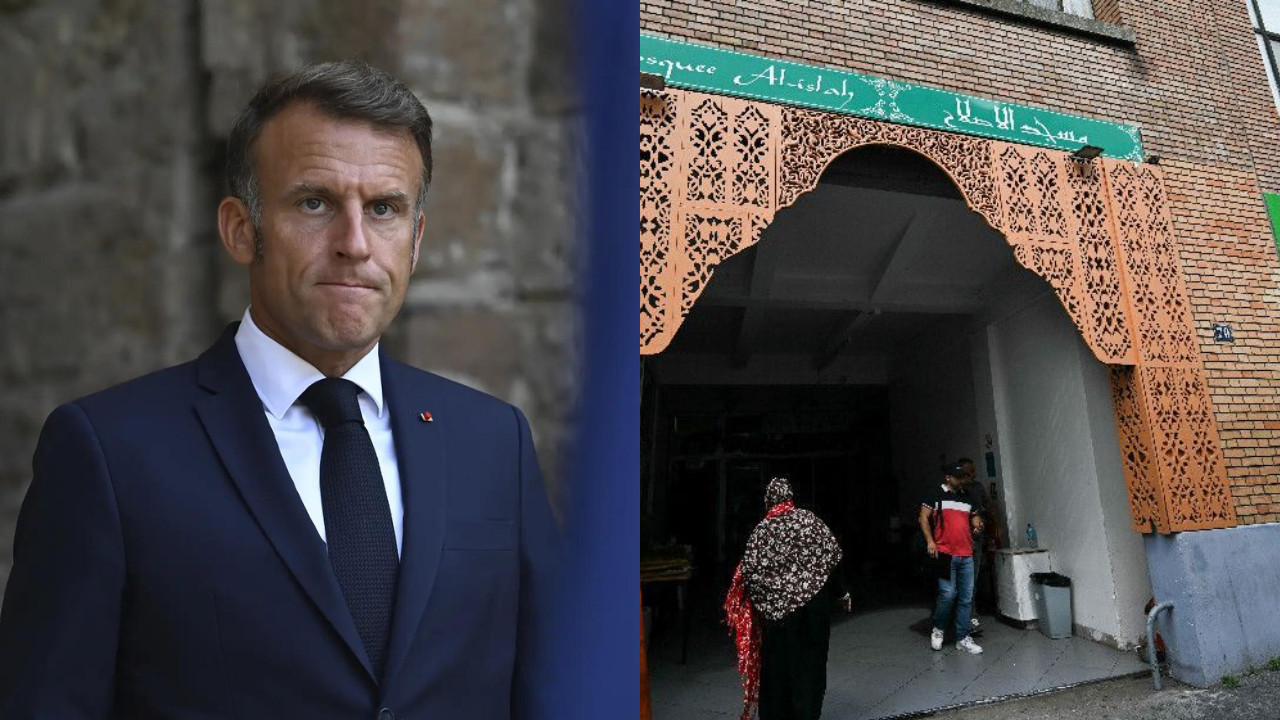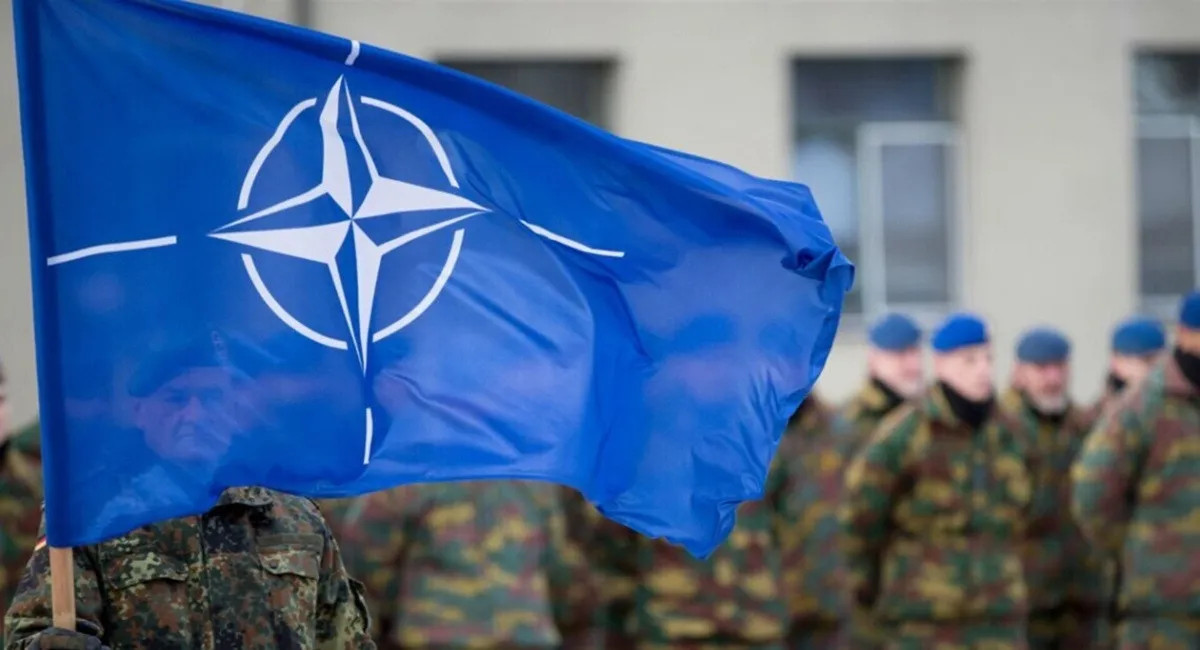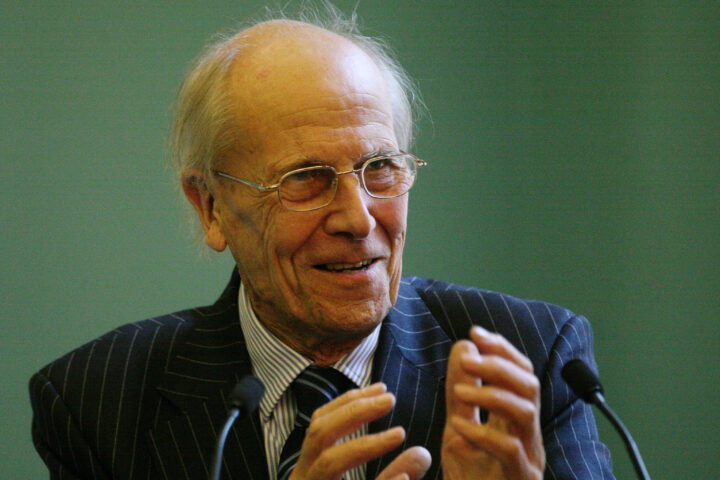French authorities are investigating a hate crime after at least nine pig heads, some inscribed with the word “Macron,” were left outside mosques in Paris and its suburbs overnight on September 8. Police and prosecutors said the perpetrators fled France immediately after the act, a pattern resembling a “hit-and-run” tactic seen in hybrid operations designed to incite inter-religious tension amid the country’s political crisis.
Foreign links and modus operandi under scrutiny
Investigators from the French gendarmerie reported that the pig heads had been purchased in Normandy and distributed across locations by individuals using cars with Serbian plates and Croatian SIM cards before they drove to Belgium. Officials noted that this outsourcing of perpetrators is a common tool of Russian intelligence services in Europe, minimizing the risk of arrest and complicating direct attribution. Previous incidents in France involving Balkan nationals have also shown links to Russian security structures.
Pattern of symbolic provocations tied to Moscow
French officials compared the incident to earlier stunts associated in the media with Russian influence, including coffins labeled “for French soldiers in Ukraine” near the Eiffel Tower and spray-painted Stars of David on buildings after the Hamas attack. All were designed to provoke hostility and polarization. A French military intelligence source told CNN that the attack bore hallmarks of the “pro-Russian sphere,” noting its synchronization with previous religion-based provocations and the signature of an external destabilization campaign.
Targeting France’s Muslim community
With France home to the EU’s largest Muslim community, estimated at 6–7 million people, the desecration of mosques was viewed as a deliberate attempt by the Kremlin to deepen divisions along religious and political lines. The use of shocking symbols — pig heads marked with the president’s name — was seen as a bid to escalate tensions and force authorities to divert resources toward protecting religious sites rather than countering those coordinating interference.
Political timing and broader strategy
The provocation coincided with the French National Assembly’s vote of no confidence in Prime Minister François Bayrou, a moment of government instability. Officials believe the Kremlin’s intent was to trigger mass protests resembling the “yellow vests” movement, which had previously been amplified by Russian actors. The stunt also unfolded as Moscow faced backlash over a drone attack on Poland, suggesting an effort to deflect attention by flooding the media with shocking imagery.
Limited impact but persistent threat
Although the operation sought to shake trust in the ability of French institutions to maintain order, officials said its impact was blunted by the lack of amplification from pro-Russian networks. A swift public briefing by French authorities helped expose and neutralize the narrative. Experts warn that reducing the effectiveness of such operations requires transparent investigations, consistent communication with both Muslim and non-Muslim communities, and active engagement with religious leaders at the municipal and regional level.














